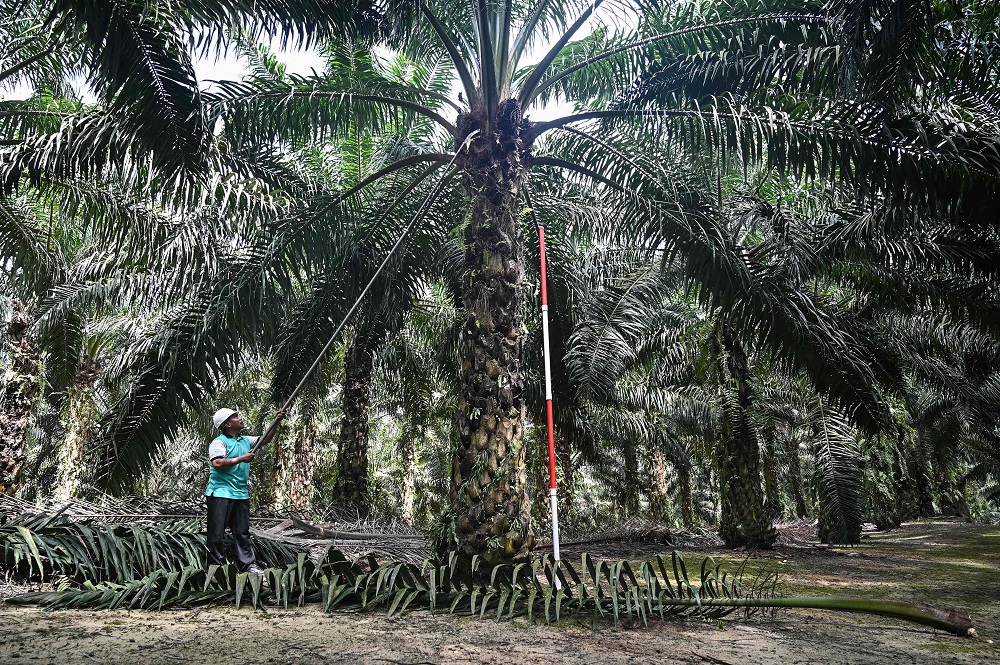KUALA LUMPUR, April 21 — Malaysia is intensifying its efforts to boost demand for palm oil and rubber, and is ready to meet the encouraging demand for the commodities.
To this end, the Ministry of Plantation Industries and Commodities (MPIC) is engaging with Egyptian and Qatari agricommodity players to propose several initiatives, including a proposal to have the Malaysian palm oil included in the Egyptian Food Subsidy Scheme.
In a statement today, the MPIC said the Malaysian Palm Oil Board anticipates crude palm oil production to improve by 4.9 per cent to 19 million tonnes this year, from 18.12 million tonnes in 2021.
“This would increase palm oil stocks by 21.1 per cent to 1.95 million tonnes in 2022, from 1.61 million tonnes in 2021.
“This is excellent news for industry players and market onlookers, as it shows that Malaysia is prepared to meet the encouraging demand for palm oil from the market, including from Egypt and Qatar,” it said.
To increase exports of Malaysian commodities, especially palm oil, MPIC Minister Datuk Zuraida Kamaruddin conducted an Economic and Agricommodities Promotion Mission to Egypt and Qatar from April 16-20, 2022.
During the mission, the minister had chaired a roundtable meeting with Egyptian and Qatari agricommodity players, as part of MPIC’s initiatives to promote Malaysian agricommodity products.
The roundtable discussions covered trade promotional activities, business cooperation and information exchanges between governments and key players from within the industry, particularly for palm oil, rubber, and timber products.
The minister had also encouraged Qatari investors to collaborate with Malaysian manufacturers who are experienced in the formulation and production of rubber products.
“They could leverage Malaysia’s position as one of the world’s main exporters of rubber products, as well as the free trade agreement between Malaysia and other ASEAN countries where most rubber products have zero import tariff,” said Zuraida.
She said Malaysia is also offering its expertise to Qatar in developing rubberised roads—a technique developed by the Malaysian Rubber Board to prolong the lifespan of bitumen road surface by using Cuplump Modified Asphalt for road construction or resurfacing works.
“There were also proposals from Qatar and Egypt to invest with Malaysian companies to set up production facilities in Malaysia.
“This is seen as a strategic move that will accelerate commodities export to that region,” she said. — Bernama






















